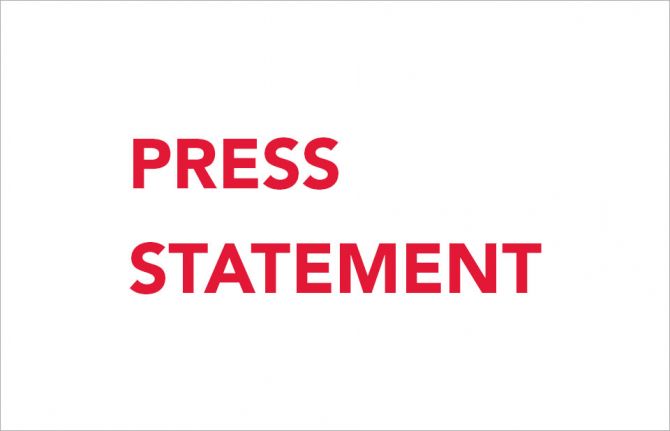

Press Statement
HVTN 702 clinical trial of an HIV vaccine stopped
04 February 2020 04 February 2020GENEVA, 4 February 2020—The United States National Institutes of Health has announced that its HVTN 702 clinical trial of an HIV vaccine has been stopped. While no safety concerns were found during the trial, the independent data and safety monitoring board found that the vaccine was ineffective in preventing HIV transmission.
The trial, conducted at 14 sites across South Africa, followed more than 5400 HIV-negative 18–35-year-olds over 18 months. The participants received six injections during the six-month period, either the vaccine or a placebo. An analysis undertaken after at least 60% of the participants had been in the study for more than 18 months showed that there were 129 HIV infections among the people who had the vaccine, while 123 people who had the placebo became infected.
“While we are obviously disappointed with the results, important science has been learned that can be carried forward to future trials. I thank the study team for this important vaccine trial,” said Winnie Byanyima, UNAIDS Executive Director.
Other major vaccines are currently being tested at scale—the Mosaico trial, which is testing a vaccine among transgender people and gay men and other men who have sex with men in the Americas and in Europe, and the Imbokodo trial, which is testing a vaccine among women in sub-Saharan Africa. An effective HIV vaccine may well prove to be key for sustaining progress against HIV in the future.
Despite considerable investment in prevention during the trial, there was still an HIV incidence of around 4% per year among the women in the trial. This is simply too high. HIV transmission can be prevented. This requires the right combination of interventions, including HIV testing; antiretroviral therapy for people living with HIV; pre-exposure prophylaxis, condoms and other prevention options; sexual and reproductive health services, including comprehensive sexuality education; keeping girls in school; and the lifting of social, legal and economic barriers for women and girls.
UNAIDS
The Joint United Nations Programme on HIV/AIDS (UNAIDS) leads and inspires the world to achieve its shared vision of zero new HIV infections, zero discrimination and zero AIDS-related deaths. UNAIDS unites the efforts of 11 UN organizations—UNHCR, UNICEF, WFP, UNDP, UNFPA, UNODC, UN Women, ILO, UNESCO, WHO and the World Bank—and works closely with global and national partners towards ending the AIDS epidemic by 2030 as part of the Sustainable Development Goals. Learn more at unaids.org and connect with us on Facebook, Twitter, Instagram and YouTube.
Press centre
Download the printable version (PDF)
